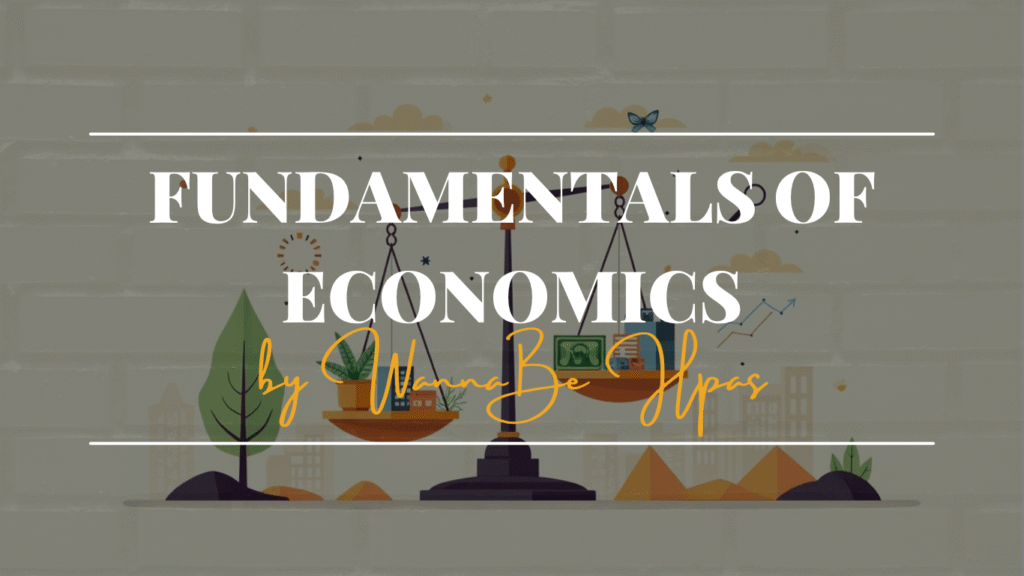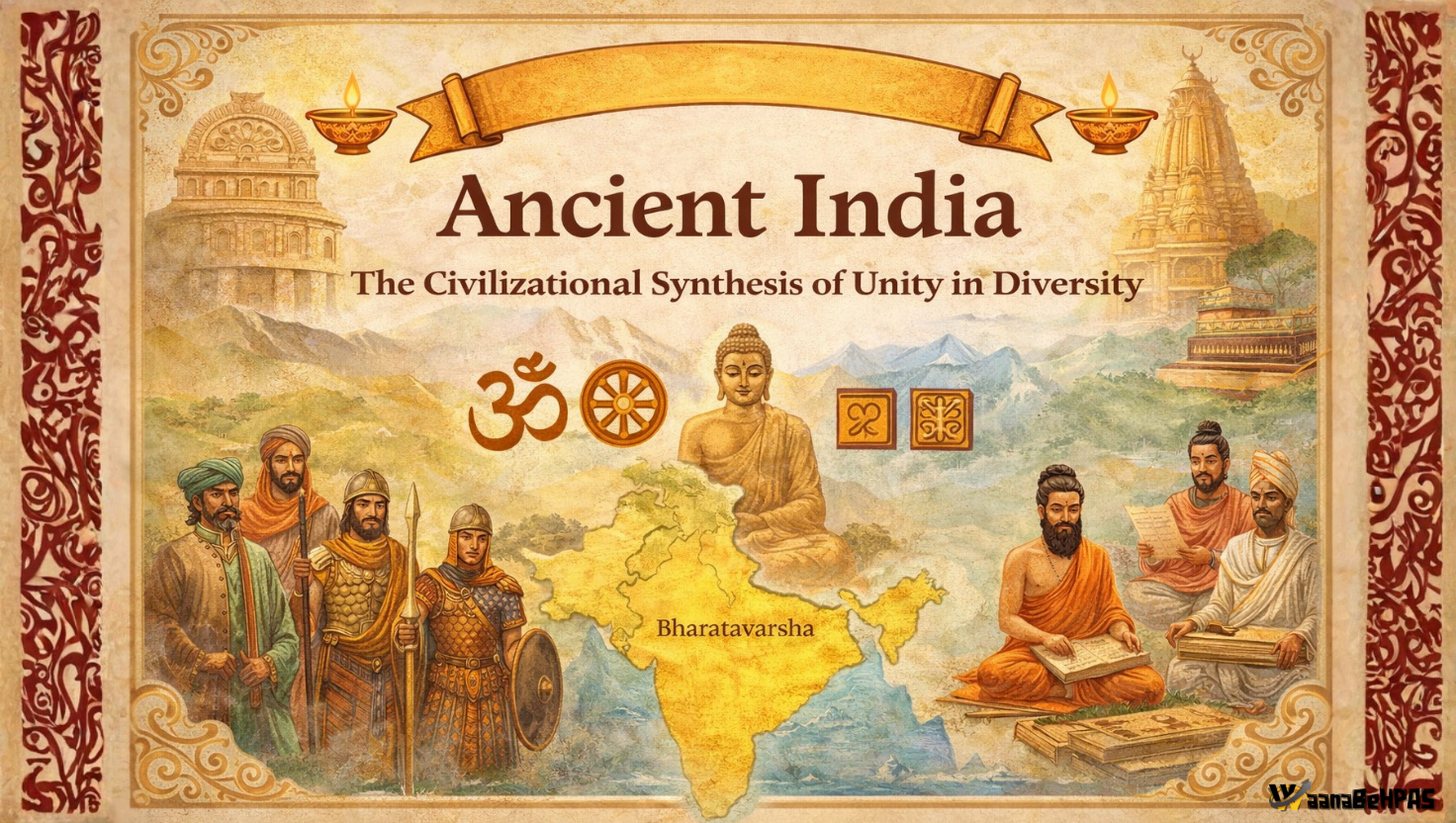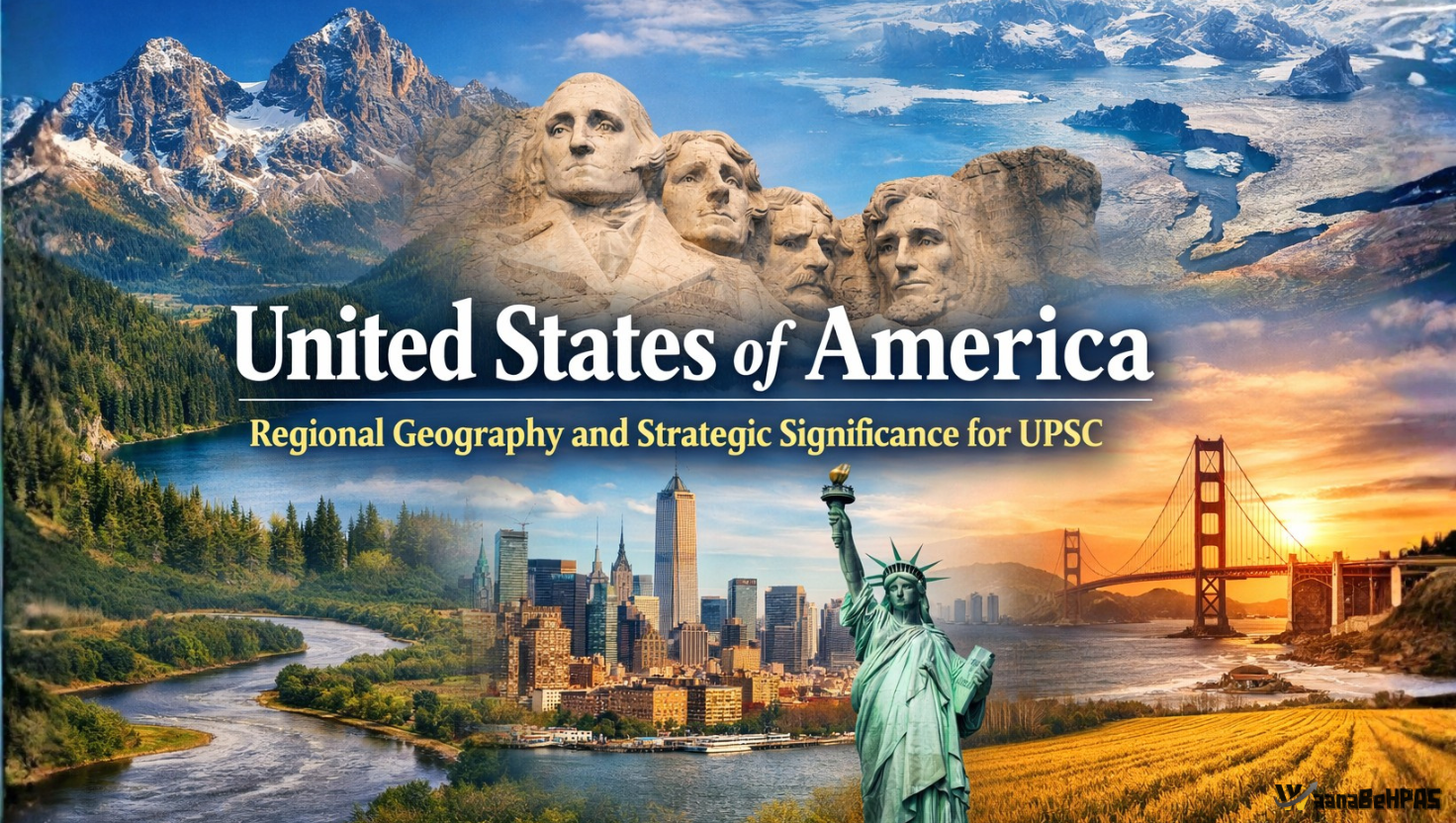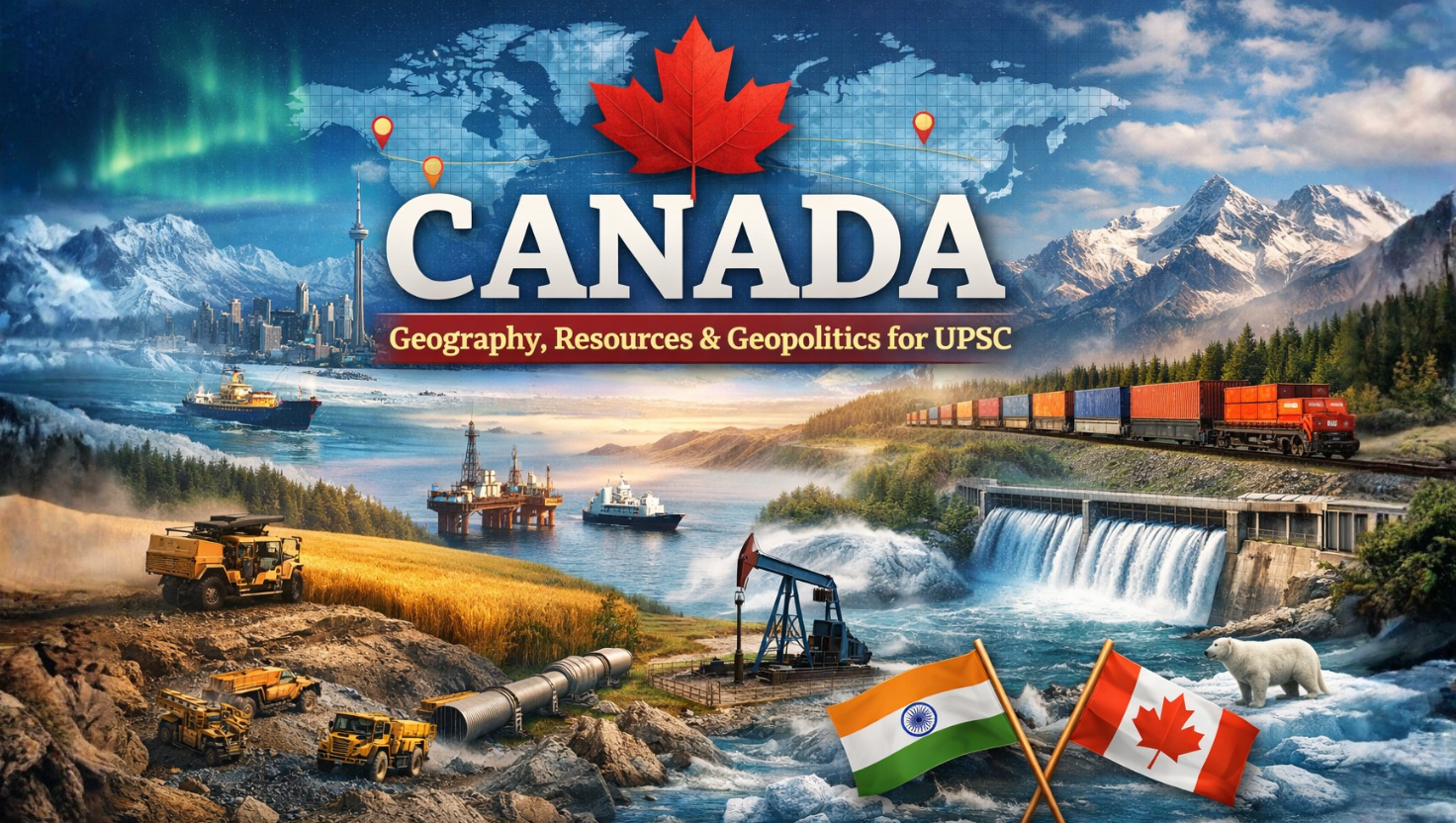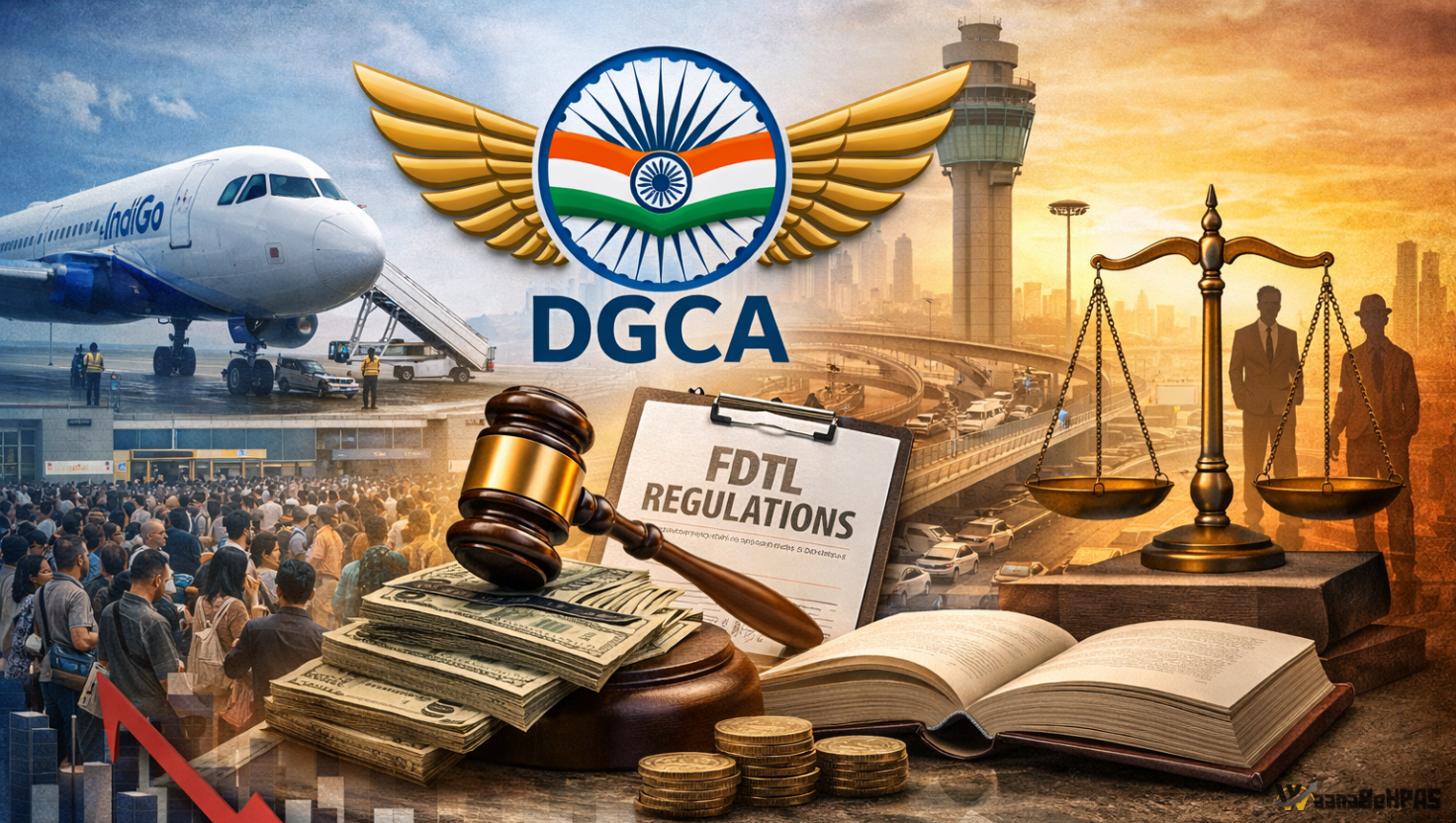FUNDAMENTALS OF ECONOMICS: ECONOMY WITHOUT TEARS
A. Understanding the Fundamentals
Based on feedback from readers of the previous edition, it became clear that many students still find economics challenging, despite the simple language used in this book. To address this, this chapter introduces the basic concepts of economics in a concise and easy-to-understand way. It aims to provide a strong foundation, making the remaining chapters more accessible.
1. Concept of Economics
Economics is the study of how societies produce, distribute, and consume goods and services to address the problem of scarcity. It examines how resources are transformed into useful goods (production) and how they are distributed and consumed to meet the needs of society.
2. Types of Economic Systems
a) Capitalist Economy
- In a capitalist system, production is guided by the laws of supply and demand.
- Private businesses and individuals own and control resources, labour, and capital.
- Demand is driven by consumers, businesses, and government purchases.
b) Socialist Economy
- In a socialist system, the government owns resources and controls production.
- Income is allocated based on need rather than ownership or contribution.
- The government decides what goods are produced to meet societal needs.
c) Mixed Economy
- A mixed economy combines elements of capitalism and socialism.
- Private property and economic freedom coexist with government intervention to achieve social goals.
- India adopted a mixed economy after independence, emphasizing both a strong public sector and private enterprise under a democratic framework.
3. Structural Composition of the Economy
The economy is made up of different sectors, each contributing to the country’s GDP:
a) Primary Activities
- Extract resources from the earth: agriculture, mining, forestry, fishing, grazing, hunting, and quarrying.
b) Secondary Activities
- Transform raw materials into finished goods: manufacturing, construction, metal-working, automobile and textile production, energy utilities, and more.
c) Tertiary Activities
- Provide services: retail, transportation, distribution, banking, insurance, tourism, media, and clerical services.
d) Quaternary Activities
- Intellectual and knowledge-based services: research, education, information technology, culture, and government services.
e) Quinary Activities
- High-level decision-making roles: top executives in government, universities, non-profits, healthcare, culture, and media.
4. Economic Growth and Development
Economic Growth
- Refers to a quantitative increase in the output of goods and services in a given period.
Economic Development
- Considers both the increase in output and improvements in human well-being, such as living standards, technology, and overall happiness (HDI).
Inclusive Growth
- Ensures that economic opportunities and benefits are distributed fairly across society.
5. Poverty and Unemployment
Poverty
- Poverty means lack of food, shelter, education, healthcare, and secure employment.
- It varies by region and time, but universally represents a situation people seek to escape.
- Addressing poverty is a call to action for both governments and citizens.
Unemployment
- Occurs when people willing and able to work do not have a job.
- The unemployment rate measures the percentage of the labour force that is unemployed.
- The labour force includes all employed and unemployed individuals.
6. Economic Policies
Monetary Policy
- Managed by the central bank to control money supply and credit in the economy.
Fiscal Policy
- Government decisions on taxation and spending to regulate economic activity.
Taxation
- Taxes fund government projects that boost the economy, improve infrastructure, and support social welfare.
7. Inflation and Price Terminologies
- Inflation is the rise in prices over time, reducing the purchasing power of money.
- Deflation is the opposite: prices fall, increasing the value of money.
- Inflation is often expressed as a percentage increase in the average price of a selected basket of goods and services.
8. Foreign Investments
Foreign Direct Investment (FDI)
- Investment where foreign money is transferred into a company in another country.
- Typically involves a significant degree of control and long-term interest in the company.
- Methods include mergers, acquisitions, joint ventures, stock purchases, or wholly-owned subsidiaries.
Foreign Institutional Investment (FII)
- Investment by overseas institutional investors (banks, mutual funds, hedge funds, insurance companies) in a country’s financial markets.
- FIIs influence market trends depending on the inflow or outflow of funds.

